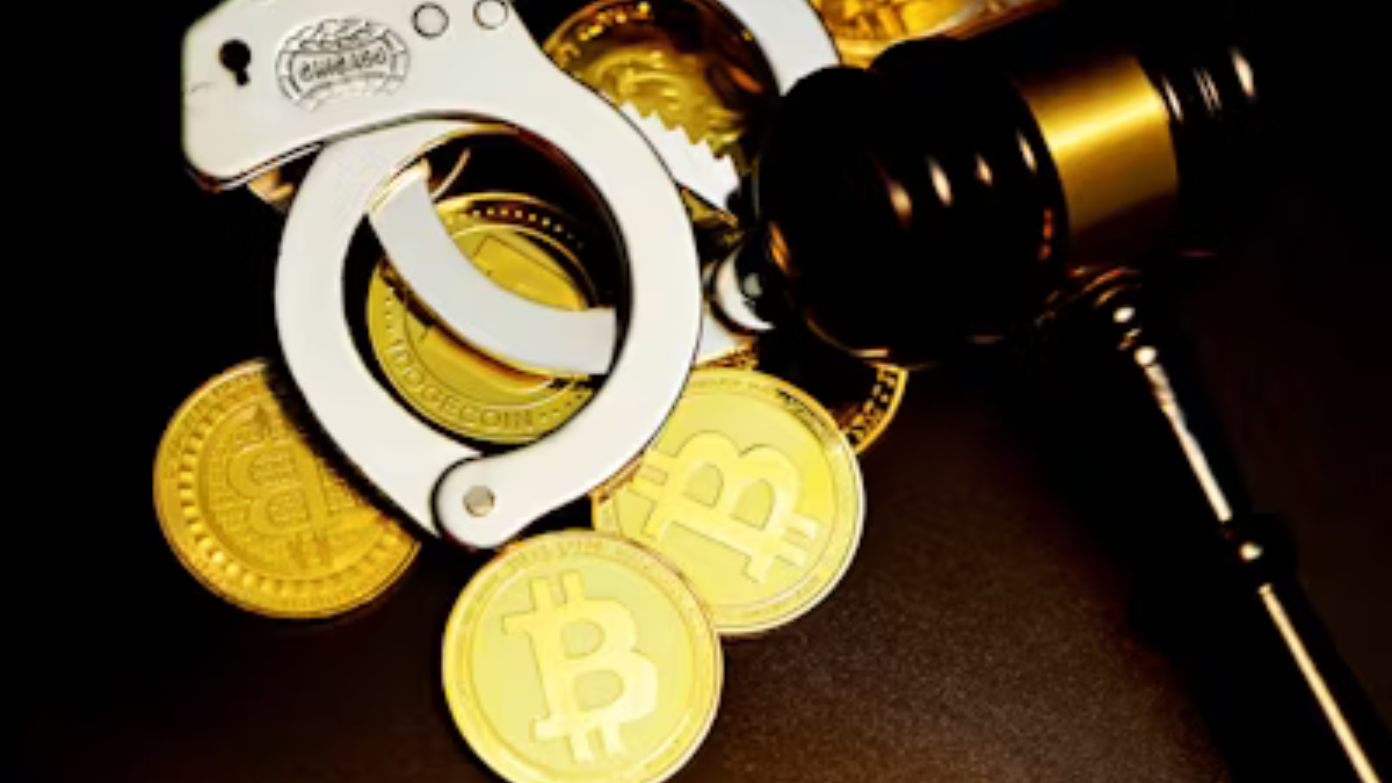If you reside in certain Texas and California border communities, your everyday banking activity could be subject to historic federal scrutiny. The U.S. Treasury Department’s Financial Crimes Enforcement Network (FinCEN) issued a Geographic Targeting Order (GTO) that diminishes the reporting threshold of cash transactions from $10,000 to as low as $200 in 30 targeted zip codes across the southwest border. This sweeping move affects over one million Americans and represents a dramatic expansion of federal financial surveillance.
What is the Geographic Targeting Order?
The March 11, 2025, Geographic Targeting Order necessitates reporting all money services businesses (MSBs) in certain border regions for filing Currency Transaction Reports (CTRs) with FinCEN for each cash transaction over $200. That’s an eye-popping 98% decrease from the historic high $10,000 level that has been in effect since 1972. The order allegedly is designed to “combat the illicit activities and money laundering of Mexico-based cartels and other criminal actors along the southwest border.”
The GTO went into effect on April 14, 2025, and will expire on September 9, 2025, but FinCEN has renewed similar orders before and tended to extend them to other geographic areas.
The full list of affected zip codes
If you reside or conduct business in any of the following 30 zip codes, your financial transactions in excess of $200 at money services businesses will be reported to the federal government:
California counties
- Imperial County: 92231, 92249, 92281, 92283
- San Diego County: 91910, 92101, 92113, 92117, 92126, 92154, 92173
Texas counties:
- Cameron County: 78520, 78521
- El Paso County: 79901, 79902, 79903, 79905, 79907, 79935
- Hidalgo County: 78503, 78557, 78572, 78577, 78596
- Maverick County: 78852
- Webb County: 78040, 78041, 78043, 78045, 78046
What types of businesses are affected?
GTO targets the money services businesses directly and covers a wide array of financial service providers other than banks. The companies now have to report transactions of more than $200 and include:
- Check cashing services
- Money transfer business firms (such as Western Union and MoneyGram)
- Currency exchange firms
- Money order sellers and issuers
- Prepaid access providers
- Convenience stores selling money transfer services
- Grocery stores with check cashing facilities
Most importantly, the banks and credit unions traditionally are not exempt from this lowered reporting threshold and are still required to report under the standard $10,000 CTR.
What transactions trigger reporting?
All cash transactions greater than $200 at covered institutions have to be reported to FinCEN within 15 days through the GTO. Deposits, withdrawals, currency exchange, money transmission, and other payments are all included. The directive expressly mentions “currency,” which means United States or foreign coin and paper currency that is legal tender.
Likely most somberly, FinCEN has instigated businesses to file Suspicious Activity Reports (SARs) on transactions even below the $200 threshold if they have reason to believe customers are trying to circumvent the reporting limit. This allows several smaller transactions to trigger federal attention.
Legal challenges and current status
The GTO has been met with serious legal challenges since its signing. California and Texas federal courts both granted temporary restraining orders against issuing the order to some businesses in April 2025. Lawsuits filed by the Texas Association for Money Services Businesses and an MSB in San Diego allege the order is unconstitutional under the Fourth and Fifth Amendments and was issued without notice required.
The courts ruled that the plaintiffs demonstrated a substantial likelihood of success on their constitutional claims and would be subject to irreparable harm, such as business shutdown and loss of customers. But these restraining orders are location-specific and give blanket protection to all impacted businesses.
Privacy and constitutional issues
Civil liberties activists have expressed deep concerns regarding the increased surveillance. Nicholas Anthony of the Cato Institute cautioned that “the vast majority of people who are going to get caught up in their surveillance are conducting perfectly innocent transactions”. In their view, the $200 limit is so low that it will catch day-to-day financial activity of honest citizens, like immigrants who send remittances to family members in their home countries or exchange currency for cross-border business.
Read more: What is an earnings report? Understand Nvidia’s latest earnings report
Read more: What is the ‘Ring Test’, the infallible method to detect if a valuable dollar coin is counterfeit

